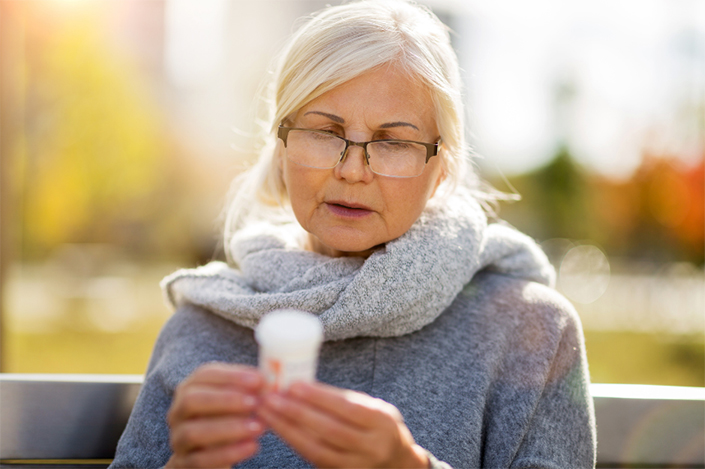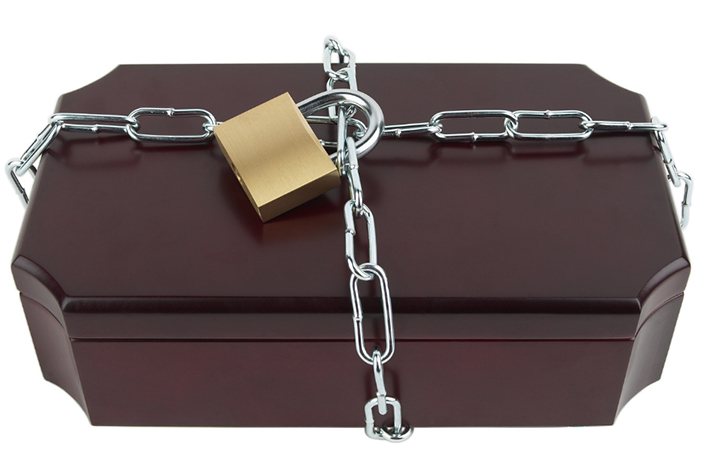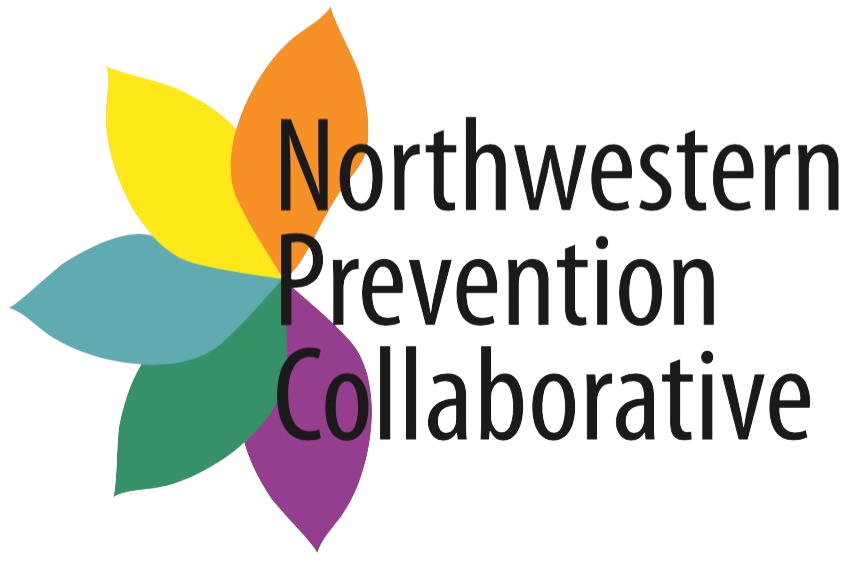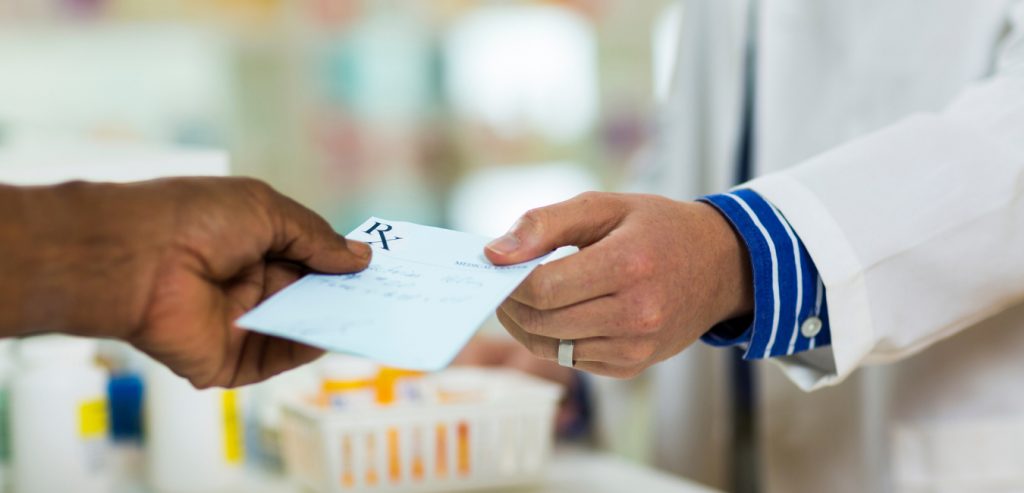If your doctor prescribed an opiate for your pain (or for a loved one), and you’re reading this article, the chances are that you know opioids are highly addictive and you’re wondering if it is safe to take them. Although we cannot easily answer that question for your specific situation, we can give you some facts to consider and tips to help keep your family safe.

- Check the prescription.
Make sure your prescription is not too strong. (If you can’t tell, then ask the pharmacist.) The strength is measured in morphine milligram equivalents (MME). The CDC recommends avoiding opioid dosages that are greater than 90 MME per day. The stronger your prescription, the more addictive it will be. - Take your medication only as prescribed.
Misusing opioids can be deadly. Never “double up” on your dose. It is easier to overdose on the medication than many people realize. - It’s an option, not a requirement.
If it has been prescribed for pain relief, consider whether over-the-counter pain relievers may lessen your pain enough that you can function without the risk of potential dependence. - You do not have to take it all.
Keep in mind that taking opioids is not like antibiotics or other medications that you must “take until gone.” One woman testified that her son became addicted with just a five-day prescription. And a study published in Morbidity and Mortality Weekly Report in 2017 stated that just three days of opioid treatment can increase the likelihood of long-term opioid use, potentially leading to opioid use disorder.1 The sooner you can switch to a safer pain medication, such as ibuprofen or acetaminophen, the better. - Keep it out of sight and out of reach.
Most people who use opioids for nonmedical purposes report getting them from a friend or a relative. That doesn’t always mean the relative or friend gave it to them.
Imagine your son or grandson just rummaging in the cabinet because he has a headache, and coming across your opioid prescription. The label says that it is for pain relief, so he figures it must be okay to use it. It never occurs to him that it could be harmful, especially because he is young and only half of your body weight.

- Lock it up.
It is best if, while you have opiates in your home, you keep them in a lock box. If you are a resident of any of the counties in the Lord Fairfax Health District in Virginia (Clarke, Frederick, Warren, Page, or Shenandoah), you can request a lock box from us. - Dispose of it.
As soon as you no longer need the medication, dispose of it safely. You can obtain a free Deterra bag from us, or bring the unused medication to a drop box. You can locate the drop box nearest you via the DEA’s website.
- Shah A, Hayes CJ, Martin BC. (2017). Characteristics of initial prescription episodes and likelihood of long-term opioid use—United States, 2006-2015. Morbidity and Mortality Weekly Report, 66:265-269.




Comments are closed.